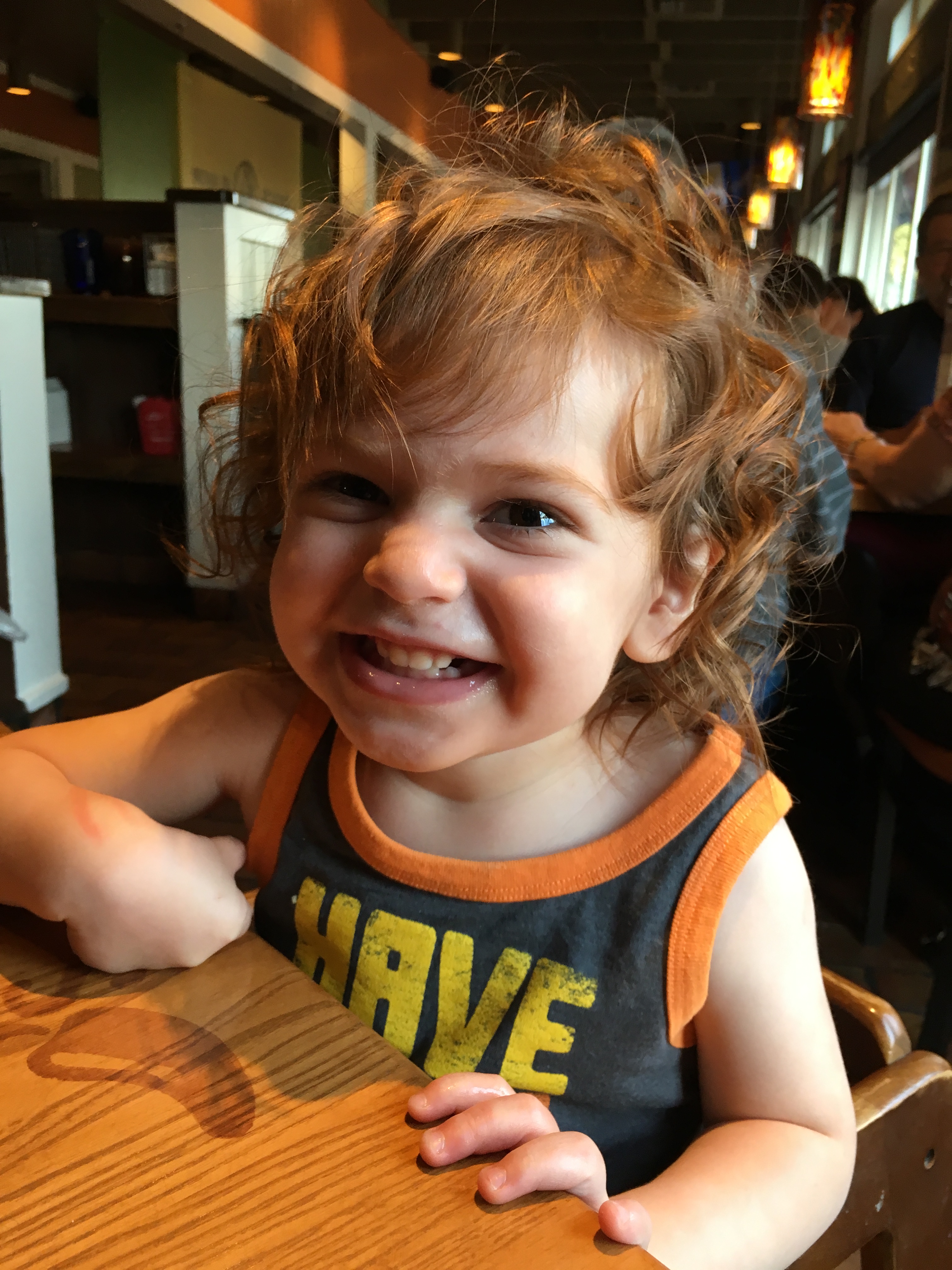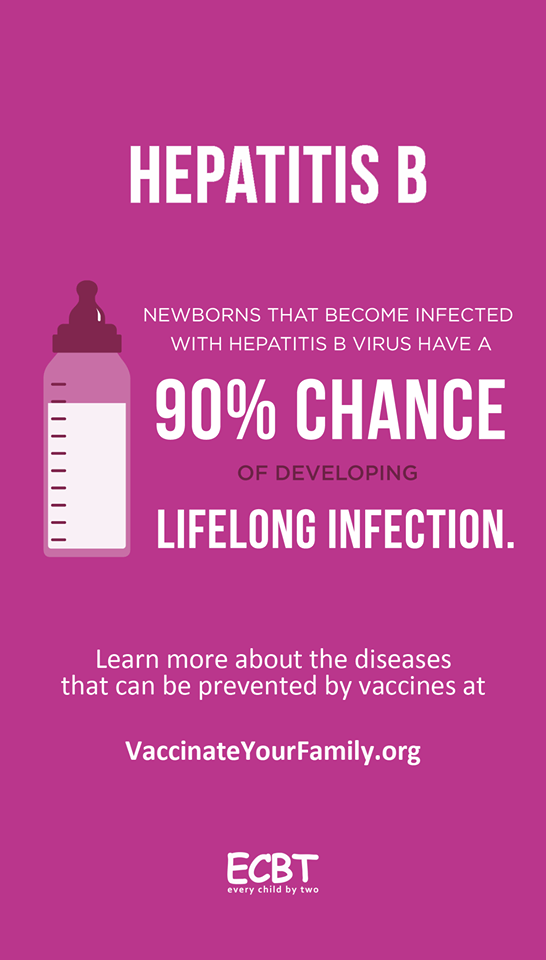By Briana Sprague, Perinatal Hepatitis B Prevention Coordinator at the Colorado Department of Public Health and Environment
When I found out I was pregnant, my dream of having a child finally came true. There was nothing I wanted more in this life than to be a mother. I had known as long as I could remember that I was destined to become a mom. The birth of my son, Jackson, was singularly the best moment of my life. I knew instantly that I loved him more than anything and that protecting him was my new life mission. The first three days home from the hospital were probably the hardest days of my life but also the most rewarding. Each day that I get to watch my son grow tops the day before.
One thing I learned about myself after becoming pregnant is that I am scared of everything. While I’m not afraid to admit that, I am afraid of not being able to protect Jackson from everything that could potentially harm him. But that just isn’t possible.

My son, Jackson
Children get sick, especially in their early years. Like any mother, I hate it when Jackson doesn’t feel well. The idea that he could become sick with a bug that could have been prevented is what scares me most, which is why I chose to vaccinate Jackson. I also made the decision to vaccinate Jackson because I know that vaccines work and I understand the consequences of contracting a vaccine-preventable disease.
In my role as Colorado’s Perinatal Hepatitis B Prevention Coordinator, I reach out to pregnant moms diagnosed with hepatitis B to provide education and support in hopes of preventing their family and infants from acquiring hepatitis B. Most of the women I speak with were born with hepatitis B because their mothers had hepatitis B and did not know it. These women were born or adopted from countries where hepatitis B is highly prevalent.
Unfortunately, when a woman with hepatitis B delivers a baby, we cannot fully predict if the baby will acquire hepatitis B even with vaccination. This is due to other circumstances during the pregnancy, such as a high viral load that may or may not be controlled with the addition of medication in the third trimester. Thankfully, this doesn’t occur often.
I also work with healthcare providers throughout Colorado to ensure infants born to women with hepatitis B are receiving prophylaxis to give them the best chance at avoiding hepatitis B. Hepatitis B acquired at birth is a lifelong infection for 90 percent of babies and a quarter of those infected will suffer from complications, such as liver cancer. The good news is that hepatitis B is preventable.

There is no way to know if your child will be exposed to measles, hepatitis B, the flu, whooping cough or any other vaccine-preventable disease. These diseases still exist. In fact, they have never gone away. We don’t see diseases like generations before us, thanks to life-saving vaccines, which makes it easy for us to take vaccinations for granted. I can’t shield my son from all the harms that may come his way, but I can protect him from potentially serious vaccine-preventable diseases. Choosing to vaccinate my son was my way of protecting him the best I know how.
Vaccinations aren’t just for little ones, though. Adolescents and adults all need vaccinations to stay healthy and maintain a strong immune system, as well as to help protect future generations. Vaccines will only continue to work if people choose to receive them.
My son is my world and I am thankful that I have access to the resources that help to make sure he is protected.
If you have questions about the Perinatal Hepatitis B Prevention Program, please contact me. I look forward to speaking with you!
Briana Sprague
Perinatal Hepatitis B Prevention Coordinator
303-692-2761
briana.sprague@state.co.us
